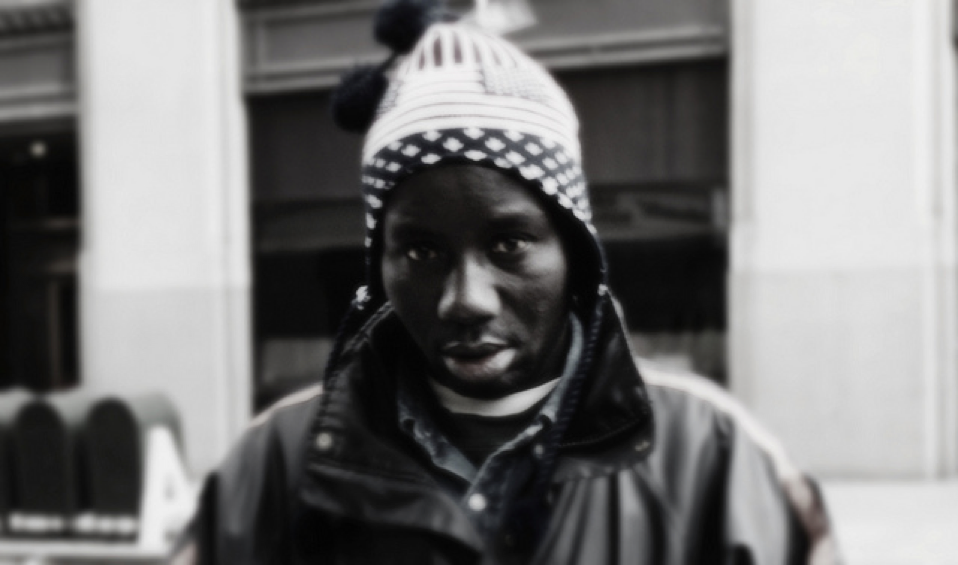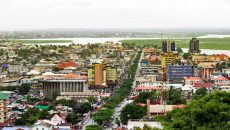I recall a scene in an episode of the black American TV series “Being Mary Jane,” where a character asked a question: “Although we all complain about the issues associated with being black in America, would anyone of us here choose going back to Africa (pronounced in a derisive tone), instead of suffering through it all, here in America?”
The actors in that scene immediately broke into singing the American national anthem in a manner that served as a “Hell no!” rebuttal to the question.
My initial reaction was, how dare they? Do they have any idea what a gem Africa is? Who gave them the liberty to be so disrespectful to the whole continent?
After I was understandably and royally pissed off for a few minutes, I stopped, thought about, and analyzed the character’s statement.
Looking at the outflow of Africans from the continent, how could I possibly disagree?
So many of us leave in search of greener pastures, better opportunities for our careers, better schools for our children and ourselves – better lives, period.
But are the lives we’re chasing really better?
Before you think I’m crazy, I fully understand the search for better job opportunities and better education. Hell, I just got back from my four-year pursuit of better education. But, all these “better” things come at what cost, though?
When you leave your country to live somewhere else, regardless of your race, there is almost always a slight feeling of displacement, as if you don’t truly belong. Now take that phenomena and factor in race.
If you’re a black African moving to almost any other country outside of sub-Saharan Africa, you’re faced with this displacement both internally and externally. You feel out of place and some people in your new country often make you understand that they feel you’re out of place.
That double displacement is what I’m talking about.
Now, if people in your new home aren’t too nice with the way in which they get this message across (in other words, they’re racist, racialist, neo-racist, or whatever creative way they have of saying that these days) you have to deal with that too.
And I’m not just talking about the “spit in your face, you’re a mongrel” type of racism.
I’m talking about institutionalized racism – the type where you’re not given opportunities because of your place of origin. Or the type where you’re given the opportunity – at least it looks like that from the outside – but you’re marginalized to the point where you feel worse off than when you didn’t have the opportunity. Or the type where you’re essentially a second-class citizen.
This is my biggest fear about being away from the continent: being considered inferior to others because of my skin color. I’m a first-class citizen in my country. That’s a huge thing to give up, loves. Huge.
I can’t write on behalf of black Americans and say that I would want to come back to a continent that sold me because I imagine they don’t feel as strong a kinship as I do. Nor can I say I’d never leave Liberia and live somewhere else permanently because I can’t see the future and I never say never.
What I can say is that if I had to relocate elsewhere permanently, I’d feel like my anchor isn’t caught on the sea bed properly. I’d feel slightly adrift. So, if faced with a choice where staying bore equal opportunities as leaving, I’d stay. If I left, I’d return.
Drifting without a strong anchor never really floated my boat at all.
Featured photo by Gilbert Mercier

